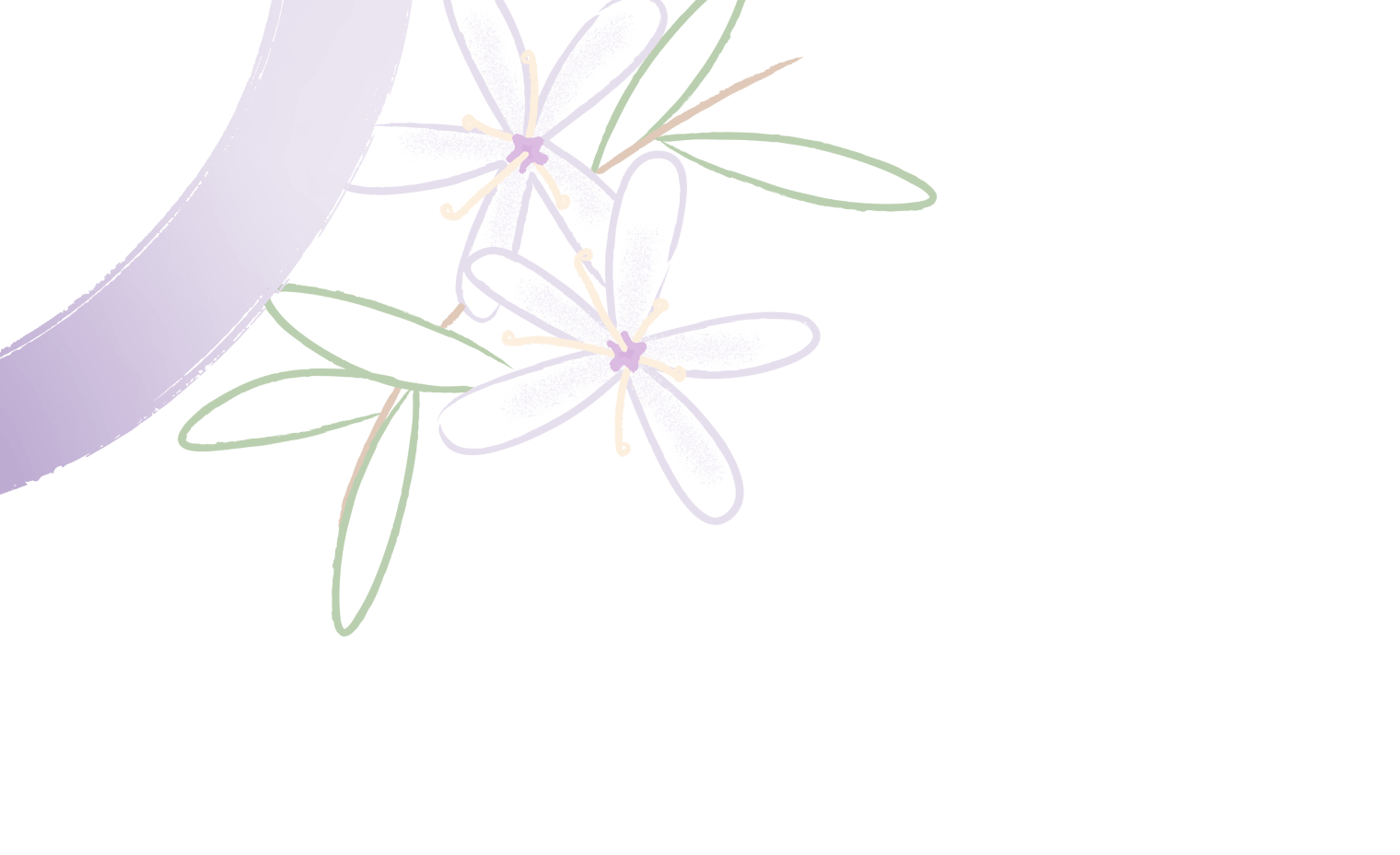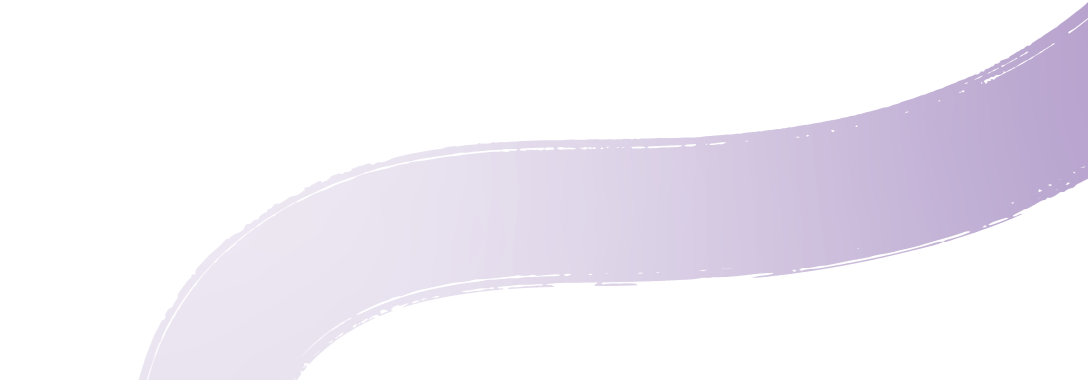This policy sets out the foundational principles to guide Early Learning Victoria’s management of intellectual property.
1. Scope
This policy applies to families, staff, management and visitors of Early Learning Victoria centres. This includes volunteers, students on placement and contractors or labour hire employees of Early Learning Victoria.
2. Policy statement
This policy sets out the principles to guide Early Learning Victoria’s management of intellectual property (IP), including copyright material, that is created or used by management and staff in the course of their work. The IP policy principles address Early Learning Victoria’s legal responsibilities and Victorian Government policy requirements.
2.1 Requirements
Early Learning Victoria makes its IP available with the fewest possible restrictions
Copyright is the form of IP that is most often created and used in our work. Examples include developing documentation templates, writing staff handbooks and practice guides, copying images to use in an activity or to decorate a room, and reading stories or playing sound and video recordings to a group of children.
Original Early Learning Victoria content that’s meant to be made available to the community and the public, such as an information sheet or a newsletter, should be shared with the fewest possible restrictions.
The recommended way to share the copyright material we create is with a Creative Commons (CC) licence. CC licences allow everyone to use the licensed content if they meet minimal conditions, such as crediting the copyright owner.
Other types of licence may be considered to manage privacy, security, or legal risks such as when it’s not possible to secure rights to release under a CC licence.
The Department of Education (the department) and other Victorian Government departments make their public content available under the Creative Commons Attribution 4.0 International Licence.
The Victorian Government owns IP created by Early Learning Victoria staff in the course of their work
Early Learning Victoria staff, particularly educators and management, create original IP. The Victorian Government owns IP created by its employees in the course of their employment. This reflects the usual legal position for IP created in employment. Practically, this means we can’t use, exploit or sell the IP we create at work for our own purposes.
Early Learning Victoria appropriately manages IP belonging to others
It is the responsibility of Early Learning Victoria to use others’ IP (third-party IP) in compliance with the law. For example, Early Learning Victoria is permitted to use copyright-protected content only in the ways that the owner specifies unless:
- a specific exception in the Copyright Act 1968 covers our intended use
- copyright has expired, generally 70 years after the death of the author.
It is also important to acknowledge the moral rights of creators by crediting their works.
Children hold copyright ownership in their creations. If you plan to post children’s artwork on a website or social media, seek permission from families.
Early Learning Victoria manages IP in procurement, contracts, and shared-funding agreements
Procurement for goods or services often results in IP being generated. Early Learning Victoria may engage suppliers in a variety of projects that include IP, for example, website and content creation, training modules, professional development materials or video and photographic services. As required, Early Learning Victoria staff should seek legal advice on managing IP for individual project needs.
Early Learning Victoria’s IP should be identified and recorded
Records must be kept for arrangements that include IP, such as subscriptions, licenced teaching resources, software agreements, permissions to use copyright material granted by third parties and consent to use children’s IP.
3. Actions and procedures
3.1 Responsibilities of staff
4. Resources
Legislation and standards
- Copyright Act 1968
Related policies
- ICT: Acceptable use policy
- Conflict of interest policy
- Electronic device and photography policy
- Privacy policy
- Records management policy
Links
Definitions
Copyright: The legal right given to creators of original works. It lets them control how their work is used. Generally, you need permission to use work protected by copyright. Copyright lasts for a set amount of time, usually 70 years after the creator's death. After that, the work is free to use without permission or payment.
Intellectual property (IP): A term that covers legal rights protecting creations of the mind, like inventions or artistic works. Examples of IP include patents, trademarks, designs, and copyright.
Updated

